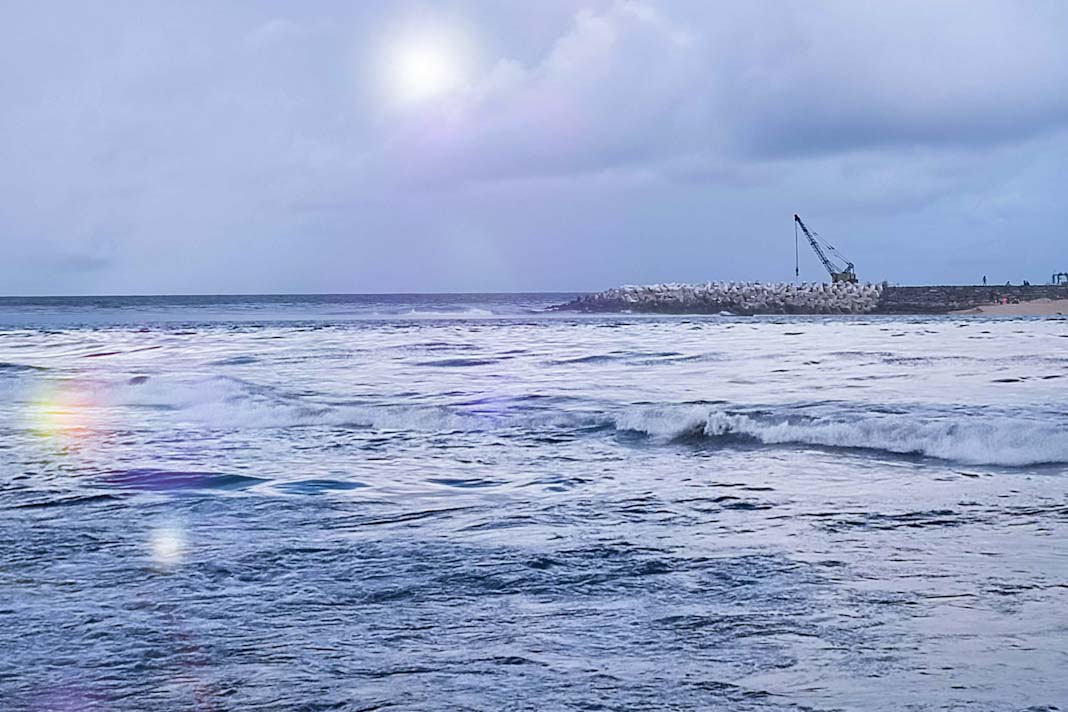 The opportunities for the UK to become an early mover in the deployment of zero emission fuel have been highlighted in a new report published by UMAS, an independent maritime and energy decarbonisation consultancy, and Arup, a global sustainable development and engineering consultancy.
The opportunities for the UK to become an early mover in the deployment of zero emission fuel have been highlighted in a new report published by UMAS, an independent maritime and energy decarbonisation consultancy, and Arup, a global sustainable development and engineering consultancy.
Zero emissions fuel
Opportunities for the UK to kick-start shipping’s transition to zero emission fuel outlines actionable ways the UK can become an early mover in the global shipping industry’s decarbonisation.
Coupled with ongoing uncertainty regarding the development of zero GHG emission fuels, related to demand, scalability, and cost-effectiveness, there is currently a perceived lack of confidence from stakeholders, in turn inhibiting much-needed investment.
The research explores the potential impact and infrastructure needed to decarbonise the operations of six large ferries operating regular routes from ports in the Northeast of England, or seven container vessels operating from ports in the Solent, on the South Coast. Findings demonstrate that the potential carbon savings could align shipping in these regions with the most ambitious decarbonisation international trajectories.
Crucial factors
The report examines crucial factors that influence scalable zero emission fuel supply and demand in the UK and sets a proven framework for global sustainability efforts. Understanding current shipping energy demand is instrumental in identifying opportunities to concentrate decarbonisation efforts and mitigate investment risks. UMAS has provided key insights into the energy makeup of fleets operating in dynamic port areas such as the Northeast (including Teesside, the Humber, and the Tyne River) and the Solent strait (Southampton-Portsmouth).
UMAS and Arup’s collaboration paves the way for further expansion of the model in other regions, both across the UK and globally. Offering a new approach to unlocking decarbonisation opportunities, the partnership demonstrates how collaborative efforts can accelerate the identification of opportunities and solutions in the space.
The UK has a real opportunity to become an early mover in shipping’s transition to zero emission fuels. As the research has highlighted, making small, smart changes to our existing fleet will enable the UK to align with the most ambitious international shipping decarbonisation trajectories and showcase the UK as a leader in taking real action in this area.
We recognise the growing government support directed towards hydrogen-derived fuels. However, further understanding is needed into the specific geographic areas of energy demand for these fuels. This collaboration has enabled us to identify actionable opportunities for decarbonisation within the maritime sector for specific areas in the UK. We are well placed to support others in their efforts to navigate the complex landscape of decarbonisation and unlock sustainable pathways for the maritime sector globally.
Did you Subscribe to our daily newsletter?
It’s Free! Click here to Subscribe
Source: Arup




















